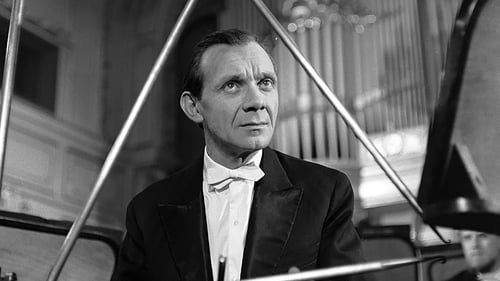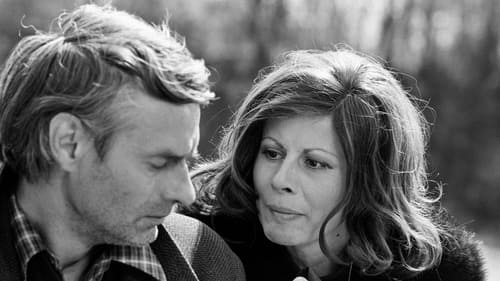
In this bitingly satirical film Peter Slovan, a continuous source of trouble for the film functionaries of the socialist Slovakia, tackles an evergreen topic – the corruptive effects of power. Barnabáš Kos, a triangle player at a symphonic orchestra, is suddenly promoted to serve as the head of the said institution, even though both he and his superiors deem him completely unfit for the task. Encouraged in equal parts by this unexpected recognition and the servile praise of his colleagues, Kos’s modesty starts to gradually vanish. The erstwhile bashful and aloof percussionist quickly becomes aware of the advantages of his new office, and begins to realise his increasingly ludicrous artistic ambitions. Ultimately, the submissive marionette turns into a source of public humiliation, and his astonishing career finds an abrupt end. Orchestra serves here as a microcosm that grotesquely reflects the absurd and tragicomic mechanisms of the paranoid apparatus of power.

Slovak movie is based on the novel by the prominent representative of Slovak prose František Hečka, who was in 1952 awarded the State Prize. The novel and the movie successfully capture the development of Slovak village after the liberation in 1945. The narrative is centred around the characters of the old Púplava, who after the liberation begins to organise a new village life, and his struggle for the construction of settlements Mrzáčky, burnt by the fascists. It is centred around the conflict, greatly reflecting the situation of the countryside at this time: the conflict between the rural poor and the rural rich. In the movie, a rich personal and emotional life of other heroes pulsate besides the main storyline. The movie ends with the final defeat of the reactionary forces by Communists in February 1948, taking over all power in the state of workers and peasants. - "The Wooden Village" is released in celebration of the 7th anniversary of the Communist February Victory.


